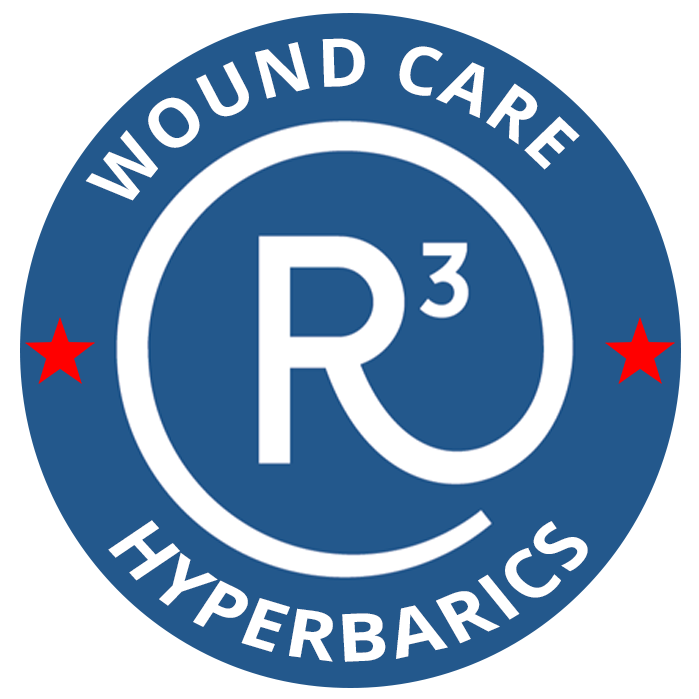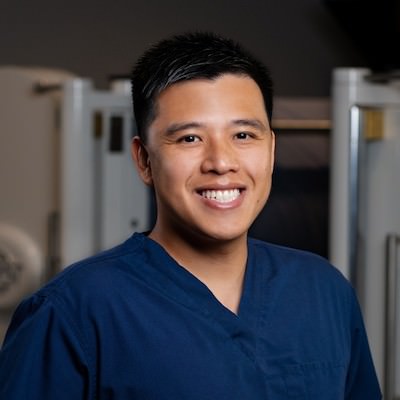A diabetic foot ulcer (DFU) is a wound in the foot that occurs in patients with a medical history of Type 1 and Type 2 diabetes. According to the CDC, over 34 million people, or about 10% of the U.S. population, had diabetes in 2018. Unfortunately, as the number of diabetic patients continues to grow annually, so will the number of diabetic foot ulcers. Can these ulcers be healed? And if so, how?
WHAT ARE THE TYPES OF DIABETIC FOOT ULCERS?
There are several types of DFU’s:
- Neuropathic ulcers arise from the reduction or loss of foot sensation due to nerve damage from diabetes, which is called neuropathy. Individuals with these ulcers do not feel pain or discomfort from traumatic events. Because there is no pain, the ulcers often progress considerably before patients seek out treatment.
- Ischemic ulcers are caused by diminished blood flow in the leg to the foot and can be slow to heal.
- Neuroischemic ulcers occur due to poor blood flow through an artery, especially those that lead to a toe. These are also difficult to heal.
WHY DO THEY OCCUR?
Diabetic foot ulcers occur when there is a skin irritation that leads to open wounds. An insect bite, cut, burn, or friction on the foot from a shoe or sock can lead to this irritation. Areas of repetitive stress such as on the foot’s surface, toe deformities, ankle, and heel are likely places of skin irritation.
These ulcers become infected in about half of the cases. The complications of DFU are deep infection (abscess, bone, joint) and gangrene. These complications occur more quickly in patients that have uncontrolled blood sugar (over 200s). The risk of amputation is up to 40 times greater for those with diabetes than those who do not have the disease.
WHO CAN TREAT DFU’S?
The treatment of diabetic foot ulcers involves a collaborative effort between multi-specialist providers and the patient.
- Primary care providers work with the patient to control blood sugar and other medical comorbidities.
- Podiatrists/orthopedics help with surgical bone biopsy and surgical intervention.
- Vascular specialists evaluate and treat the compromised blood flow.
- Infectious disease specialists help manage antibiotic treatment if a deep infection is present.
- Wound care specialists perform weekly debridement, wound dressings, and hyperbaric oxygen therapy sessions. Hyperbaric oxygen therapy (HBOT) is an advanced treatment within a wound care clinic that supplements weekly wound care visits to help the wound heal faster.
HOW LONG DO DIABETIC FOOT ULCERS TAKE TO HEAL?
Treatment duration varies depending on the severity of the ulcer and the patient’s health. Improving overall health will help the body heal more quickly and effectively.
PREVENTATIVE MANAGEMENT
Once the DFU is healed, preventive management is important to reduce risk factors that may have contributed to the initial development of the ulcers. Diabetic patients can take the following actions to reduce the likelihood of a DFU:
- Monitoring their blood sugar and keep glucose level optimal.
- Following up regularly with their diabetic provider.
- Examining their feet daily for any skin irritation.
- Wearing customized diabetic fitted shoes to help with pressure offloading and to reduce shearing friction.
- Smoking cessation is strongly encouraged.
- Considering working with a nutritionist or dietitian on good eating habits and nutritional intake.
HOW WOUND CARE SPECIALISTS CAN HELP
If you have a diabetic wound that is infected or won’t heal, our wound care specialists are a part of the collaborative group of doctors who can help you heal. To schedule an appointment, please find the nearest R3 Wound Care and Hyperbarics location near you.

